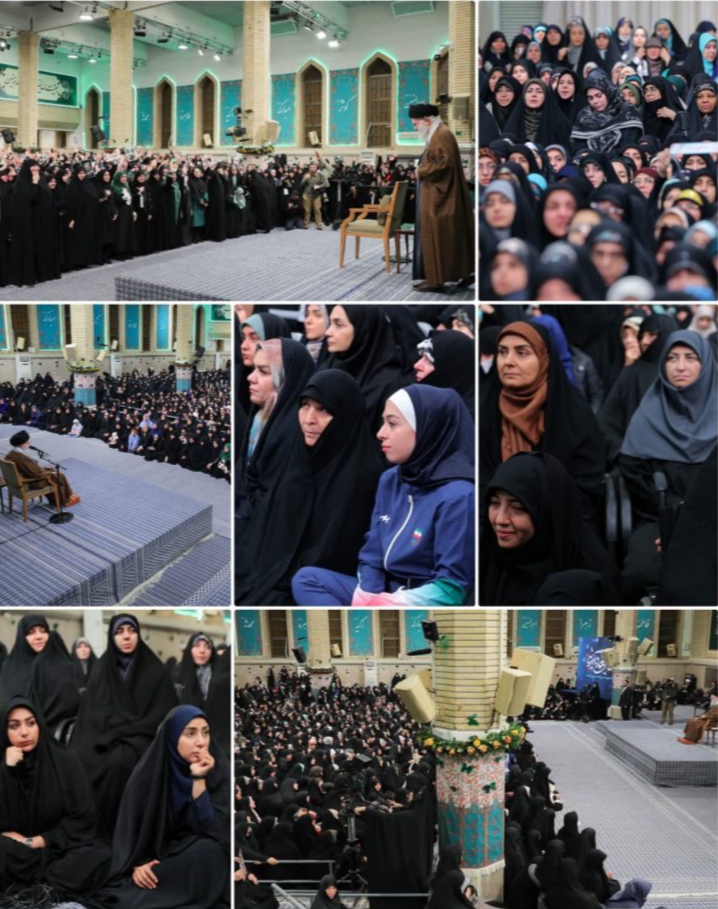Modern slavery and human trafficking are not relics of history — even today, millions of people around the world remain trapped in invisible chains of coercion, exploitation, and forced relationships. This is a gross violation of human rights and a crime against human dignity.
✍|by Ms. Zeinab Heydari
The Grim Reality of Modern Slavery
Modern-day slavery isn’t a phenomenon of the distant past. According to recent global estimates by the International Labour Organization (ILO) in collaboration with other agencies, around 49.6 million people are living in modern slavery on any given day. Of those, approximately 27.6 million are subjected to forced labour, while 22 million are trapped in forced marriages.
Forced labour can take many forms — factory work, agricultural labour, domestic work, factories, even digital exploitation — and often under threat, coercion, or deception.
More than 3.3 million of those in forced labour are children.
In the commercial sexual exploitation sector, the majority of victims are women and girls, reflecting a stark gender dimension in this crisis.
Modern slavery affects every part of the globe — no region or society is immune.
Who Are the Victims?
Women and girls are disproportionately affected. Across many contexts, they account for a majority of identified victims of trafficking and exploitation.
Children too are extremely vulnerable. Instead of going to school or playing, millions of children are forced into labour or sexual exploitation, robbed of their childhood and their rights.
Migrants, displaced individuals, and people living in poverty or unstable family environments are often the most exposed — social and economic vulnerability remains a key driver in human trafficking and exploitation.
Why Is This Crisis Growing?
The latest data show a worrying rise in modern slavery in recent years: about 10 million more people were estimated to be in modern slavery in 2021 compared with 2016.
Global crises such as pandemics, wars, economic instability, climate change, and forced migration — which disrupt livelihoods and education — have exacerbated vulnerabilities, increasing the risk of exploitation.
Moreover, exploitation now spans private and public sectors, factories, agriculture, domestic work, digital spaces — it’s as much a hidden, systemic problem as it is a direct crime.
What Needs to Be Done: Paths Toward Dignity and Freedom
Widespread Education and Awareness: People — especially women and girls — must be informed about the dangers of human trafficking, deceptive recruitment, and signs of exploitation. This kind of education should be carried out in schools, media, community organizations, and by governmental and non-governmental entities.
Economic and Social Support: Providing stable job opportunities, vocational training, safe housing or shelters can lower the risk of vulnerable individuals accepting suspicious or risky offers.
Shelters and Support Centers: Safe havens offering psychological, medical, legal, and social support can help survivors rebuild their lives and reintegrate with dignity.
Stronger International & Regional Cooperation: Combating transnational human-trafficking networks demands coordinated law enforcement, information sharing, robust legal frameworks, and strict enforcement.
Strengthening Families and Local Communities: Families and local communities are often the first line of defence — open communication, vigilance, and education about the risks can protect vulnerable individuals, especially women and children.
A Moral and Human Imperative
From a spiritual standpoint, human trafficking and modern slavery represent a direct affront to the dignity bestowed upon every human being. As the holy Quran reminds us: “We have honoured the children of Adam,” meaning every human is entitled to dignity and respect. Exploitation, forced labour, or coerced relationships are a desecration of that divine dignity.
Every person who escapes the chains of modern slavery — however hidden those chains may be — reclaims the true meaning of freedom and human dignity.
Modern slavery may often be invisible, hidden in shadows. But with empathy, humane laws, solidarity, and courageous action, we can shine light upon these injustices — and affirm that human dignity is humanity’s greatest asset; no one should live in a condition that tarnishes it.












